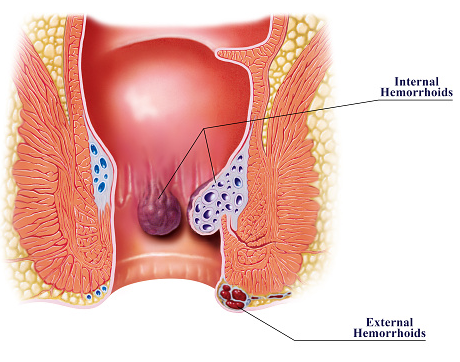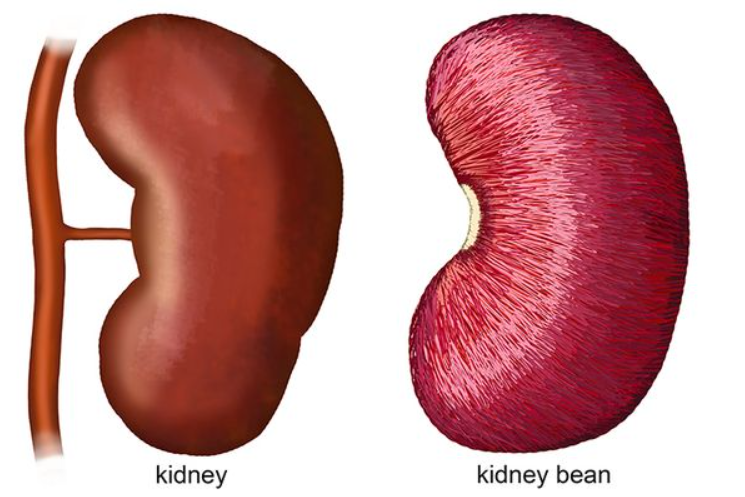Swollen blood vessels in the anus and around the anus, or in the lower region of the rectum, are known as hemorrhoids. They are quite irritating because they induce itching and pain, and they are particularly common in pregnant women.
Hemorrhoids in pregnancy arise when the uterus pulls on the veins in the third trimester or shortly after delivery. To deal with them, you’ll need to make some dietary changes and see a doctor.
How are hemorrhoids created?
Hemorrhoids occur during pregnancy, but also at other times in life, as a result of stress in the stool, which can be caused by extended sitting, restricted mobility, or an existing anal infection.
They can be internal or exterior, and how they are treated depends on where they are located. They affect people of all ages and genders, but they are more common in persons over 50 and pregnant women.
Why do hemorrhoids appear in pregnancy?
Hemorrhoids in pregnancy occur due to:
- Hormone changes (increased progesterone levels)
- fetal pressure on the veins near the anus
- growth of the uterus
- constipation
- childbirth that affects the enlargement of blood vessels
- taking iron supplements
What are the symptoms of hemorrhoids during pregnancy?
Painful bowel movements, blood on the paper after stools, itching, and pain in the anus area that worsens when sitting are all signs of hemorrhoids. Swelling or lumps may also develop in that area. Hemorrhoids are rarely hazardous, have no effect on the baby’s health, and fade away on their own after pregnancy.
How are hemorrhoids treated in pregnancy?
In order to prevent hemorrhoids during pregnancy, you should avoid sitting for long periods of time and move around as much as possible. You can also use various lotions, oils, or dietary modifications to help. To maintain the stool as soft as possible, it’s vital to eat as much fiber as possible and drink as much water as feasible. Short soaks in warm water for ten minutes several times a day or warm (but not too hot) compresses with water or chamomile will help reduce swelling.
Swelling and pain, on the other hand, can be minimized by applying cold compresses several times a day. It is critical to wipe the anus thoroughly after urine, and it is best to wash or use a damp tissue right afterwards.
Thus, hemorrhoids can be treated with the help of:
- cold or hot compresses
- change in diet
- proper anal hygiene
- movement
Another technique to get rid of bothersome hemorrhoids is to do kegel exercises. They increase the circulation of the rectal area by strengthening the muscles at the bottom of the pelvis. It’s critical to do them correctly and not while you’re urinating. Sitting on a specific hemorrhoid pillow can also help.
Is it ever necessary to see a doctor?
If the hemorrhoids do not go, you should consult a doctor and ask his advise. Anti-hemorrhoid creams or suppositories that can be used by pregnant women may be prescribed by your doctor.
Conclusion
Hemorrhoids are a common but transitory symptom during pregnancy, and they often go away on their own after birth. They can be bothersome and cause itching or pain, but there are a few simple ways to get rid of them. If changing your habits or dressings doesn’t assist with your treatment, you should seek medical guidance.




